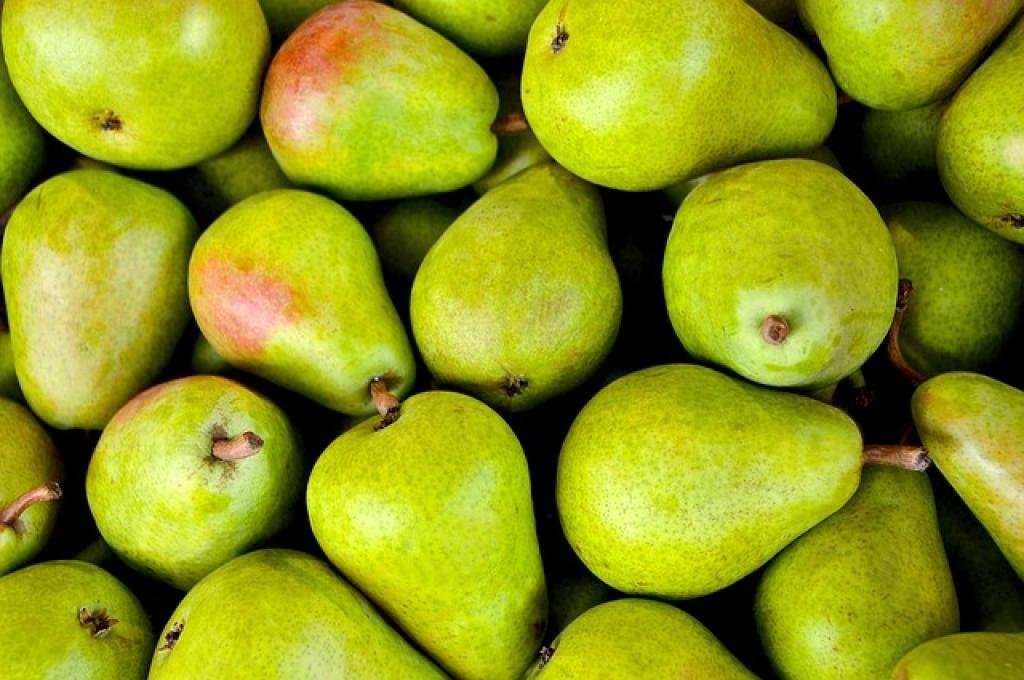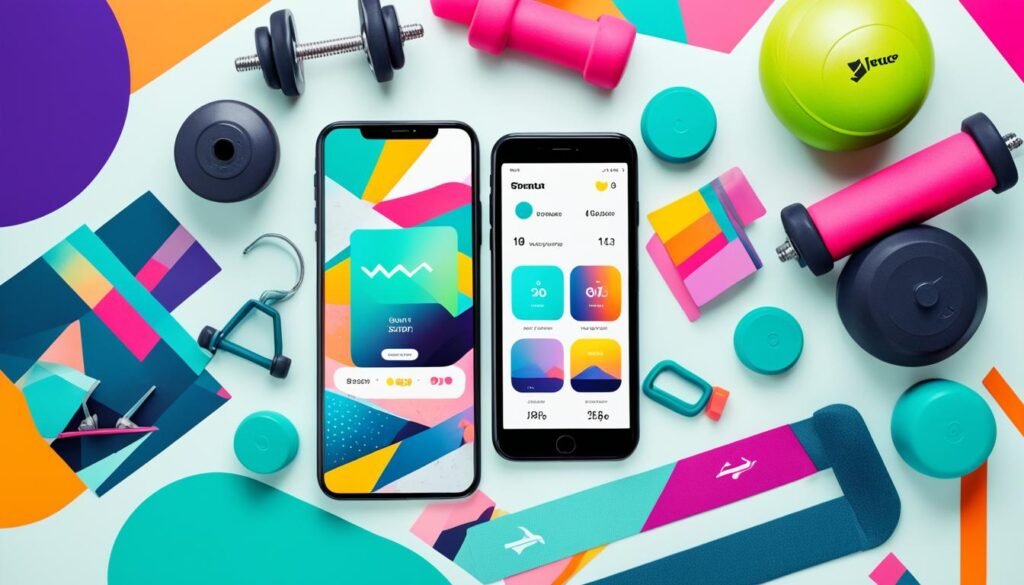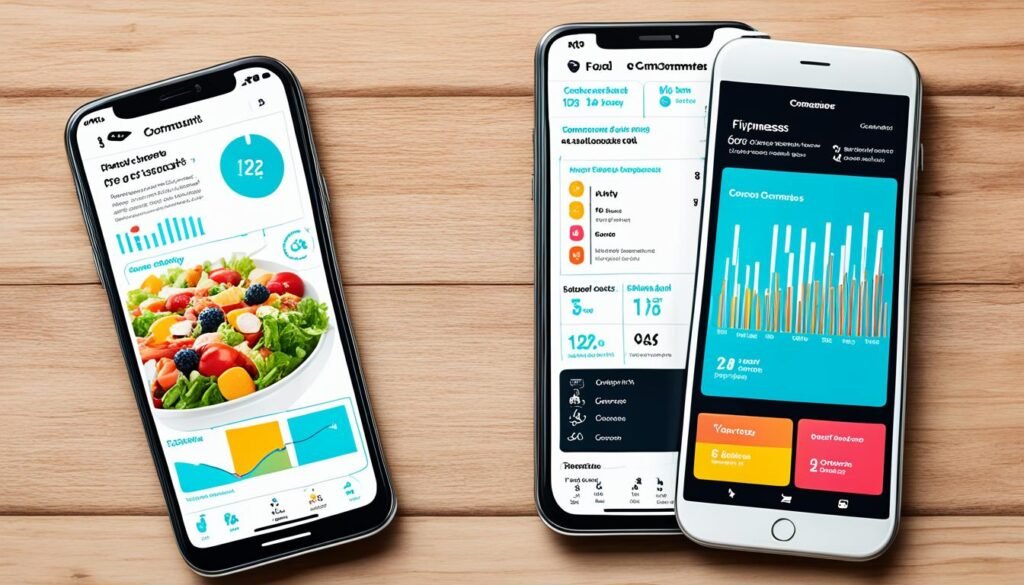In today’s health-conscious world, nutrition tracking apps have become essential tools for anyone looking to lead a healthier lifestyle. With countless options available, choosing the right app can feel overwhelming. Two of the most popular choices are Cronometer and MyFitnessPal, each boasting unique features to help you manage your diet and achieve your wellness goals.
Cronometer is known for its precise nutrient tracking, offering detailed insights into your diet, while MyFitnessPal prides itself on its vast food database and user-friendly interface. Whether you’re a seasoned athlete or just starting on your health journey, selecting the app that aligns with your needs is crucial.
Dive into this comparison to discover what sets these two powerhouse apps apart and decide which one fits best with your nutritional goals.
Comparing the Key Features of Cronometer and MyFitnessPal
When it comes to nutrition tracking, both Cronometer and MyFitnessPal offer a suite of features designed to help users monitor their diet effectively. However, each app emphasizes different aspects of the tracking experience, making them suitable for varied user preferences.
Cronometer shines with its accurate nutrient tracking capabilities. It provides a comprehensive breakdown of micronutrients such as vitamins and minerals, which is ideal for users focusing on precise nutritional intake. Its detailed food logging options allow you to track nutrients down to the gram, giving you clarity over your dietary choices.
On the other hand, MyFitnessPal stands out with its extensive food database, featuring millions of items. This makes quick food logging a breeze, especially for those who want to track meals on the go. Its community aspect also allows users to connect with others for support and inspiration.
Both apps offer customizable goals and tracking for various health metrics, yet their emphasis on different aspects of nutrition tracking means that one might fit your lifestyle better than the other. Your choice will depend on whether you prioritize detailed nutrient analysis or expansive food options and social features.
User-Friendliness and Interface Design
Navigating a nutrition app should be seamless, allowing you to focus more on your health goals than on figuring out how to use the tool. Cronometer and MyFitnessPal both offer distinct interface designs that cater to different user preferences.
MyFitnessPal prioritizes a clean, intuitive layout that’s easy to use for beginners and experienced trackers alike. Its design emphasizes quick access to essential functions, like logging meals and viewing progress, making it ideal for users who appreciate simplicity and efficiency.
Easy Navigation and Visual Appeal
In contrast, Cronometer takes a more detailed approach, providing a sophisticated interface that appeals to those who enjoy diving deep into nutritional data. While some new users might find its detailed displays overwhelming initially, those who invest the time to explore will appreciate the insight it offers.
When deciding between the two, consider how you prefer to interact with technology. If streamlined, straightforward screens appeal to you, MyFitnessPal might be the way to go. But if you’re interested in a richer, more detailed experience, Cronometer may just suit your needs perfectly.

Nutritional Database Accuracy and Diversity
A key factor in choosing a nutrition tracking app is the quality and diversity of its food database. Cronometer and MyFitnessPal both excel in this area, but they approach it a bit differently.
Cronometer focuses on maintaining high accuracy with its database. The app emphasizes verified data, ensuring that the nutritional information you log is as precise as possible. This attention to detail makes it a preferred choice for users who monitor specific nutrient intakes, such as those managing food sensitivities or medical conditions.
In contrast, MyFitnessPal offers a vast and diverse food database, which includes user-generated entries. This allows for a wider variety of food options, including international and brand-name products. However, the inclusion of user entries can sometimes lead to less accurate data, so it’s essential for users to verify the nutrition facts themselves for the most precise tracking.
Choosing between the two depends on whether you value a broad selection of foods or precise data. Cronometer’s accuracy is ideal for detailed diet management, while MyFitnessPal’s extensive options can cater to those who enjoy a diverse array of cuisines and need convenience.
Tracking Tools and Customization Options
When it comes to tracking tools and customization, Cronometer and MyFitnessPal both offer features that cater to diverse user preferences, though their strengths lie in different areas.
Cronometer is designed with precision in mind, featuring advanced tracking tools that let you monitor specific nutrients, biometrics, and health metrics. You can customize the app to track everything from macro ratios to vitamin intake, making it an excellent option for those with detailed dietary goals or specific health needs.
MyFitnessPal, on the other hand, offers a personalized experience that is easy to adapt. It allows users to set and adjust calorie goals, track exercise, and even monitor progress through engaging charts and graphs. With plenty of customization options, such as adjusting macronutrient targets or creating custom meals, it’s designed to accommodate a wide range of fitness and dietary objectives.
Both apps allow you to personalize your tracking experience, but the level of detail you desire may influence your choice. For a personalized workout experience, you might explore creative workout apps that can be integrated to complement your diet tracking.
Support and Community Engagement
Being part of an engaging and supportive community can enhance your nutrition tracking experience, and both Cronometer and MyFitnessPal recognize this. However, they foster community interaction in their own unique ways.
Cronometer offers a support system that focuses more on in-app resources and user guides, providing you with the tools to navigate its complex features. While it has a community forum, its focus tends to be on fostering expert-driven discussions, making it a choice for those seeking knowledgeable exchanges about health and nutrition.
MyFitnessPal, on the other hand, excels in building a vibrant and interactive community. It offers extensive forums and groups where users can share experiences, tips, and even provide moral support. This social aspect can be a huge motivator, particularly for those who thrive on encouragement and shared experiences.
Ultimately, your preference for support and community interaction can guide your decision. If you appreciate detailed, expert discussions, Cronometer is the way to go. But if connecting with a lively user base and sharing your journey is important, MyFitnessPal might offer the community spirit you’re looking for.
The Bottom Line: Making the Choice That Fits Your Lifestyle Best
Choosing between Cronometer and MyFitnessPal ultimately boils down to what you need from a nutrition tracking app. Each has its own strengths that cater to different goals and preferences, making it essential to align their features with your personal lifestyle.
Cronometer is perfect if you seek precision and detailed nutrient tracking. Its attention to micronutrients and health metrics makes it an invaluable tool for those who need precise data for health reasons or advanced fitness goals. If diving deep into nutritional details is your thing, Cronometer will not disappoint.
On the flip side, MyFitnessPal offers an extensive database and a vibrant community, making it a fantastic choice if convenience and social interaction keep you motivated. For those who appreciate having the top alternatives to MyFitnessPal, knowing what’s out there could be useful. Its user-friendly interface and customization options provide a flexible approach to tracking, fitting well into busy or active lifestyles.
As you weigh these options, it’s important to consider your priorities. Do you value a detailed analysis of your diet, or is a broader approach with community support what you need? Your decision should reflect how you prefer to engage with health tools and what keeps you on track.
By being mindful of what each app offers and how it aligns with your needs, you can make a choice that supports your journey towards a healthier, more mindful lifestyle. Remember, the best app is the one that fits seamlessly into your daily routine and empowers you to reach your health goals.


